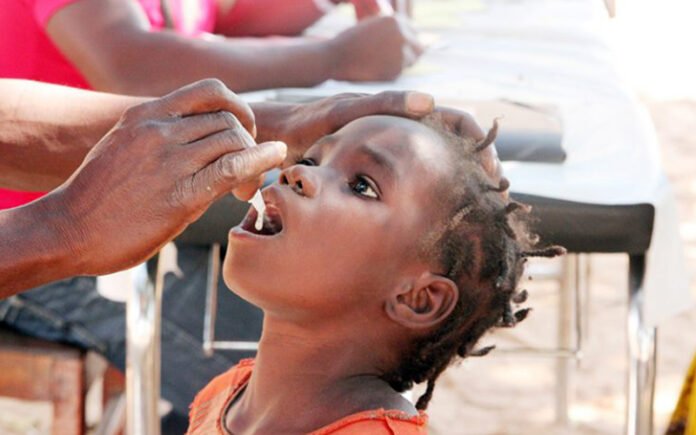The World Health Organization (WHO) has reported a global outbreak of cholera that has already taken 194,897 lives since January 2024 till date.
At least 1,932 cases were reported from 24 countries across five of six W.H.O regions.
The Eastern Mediterranean Region has the highest number of cases, followed by the African Region, the Region of the Americas, the Southeast Asia Region, and the European Region. Only the Western Pacific Region has had no cases so far.
Cholera is a food—and water-borne disease; caused by ingesting bacteria, Vibrio cholerae-contaminate water or food. This may lead to acute watery diarrhea, and the severe forms of the disease can lead to death within hours if left untreated.
The global supply of Oral Cholera Vaccine (OCV) exceeded the emergency goal of 5 million doses in early June, reaching 6.2 million doses by June 10. This is even though the OCV stockpile was exhausted until early March. Nevertheless, since January 2023, 16 countries have requested 92 million doses, about twice as many as have been produced. This shows that demand is still high.
WHO declared the cholera outbreak a grade three emergency, the highest internal emergency category, because of the widespread outbreaks, lack of vaccines, and other resources.

The cholera situation is worsening due to factors such as climate change, poverty, and conflict. Extreme weather events like floods, cyclones, and droughts reduce access to clean water, helping the disease to spread even further.
In 2022, 44 countries reported cholera cases, a 25% increase from 2021, and this trend continued into 2023, with recent outbreaks being particularly deadly.
Cholera In Nigeria
In Nigeria, the disease has been reported in 30 states, including Lagos and Ogun, causing at least 37 deaths so far. Lagos has seen a rise in cases to 401, with Lagos Island being the epicenter, according to a report from the Nigeria Centre for Disease Control and Prevention.
Lagos Special Adviser to the Governor on Health, Dr Kemi Ogunyemi, disclosed that “the total number of cholera cases has increased to 401 across Lagos, with Lagos Island, Kosofe, and Eti Osa recording the highest numbers.“
The Ogun State Commissioner for Health reported 14 cases and one death.
To combat the outbreak, the Federal Ministry of Water Resources and Sanitation has started water quality analyses in affected areas and intensified community sensitization efforts to reduce cases and promote hygiene.
The Permanent Secretary in the ministry, Alhaji Aliyu Shinkafi, said in an interview on Thursday, “In response to the outbreak, teams from the National Water Quality Reference Laboratories in Lagos, Enugu, and Sokoto have been dispatched to collect water samples and investigate the presence of Vibrio cholerae in the affected areas.“
In Nigeria, cholera is an endemic and seasonal disease that occurs annually, mostly during the rainy season and more frequently in areas with poor sanitation. Early medical attention is key to surviving the disease when infected.
Please comment and share this article, & Follow us on our social media handles.








